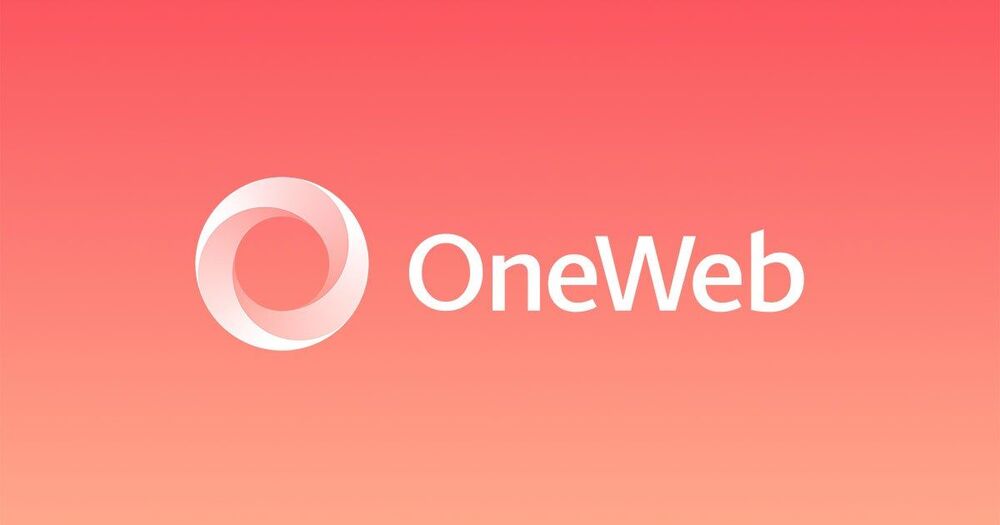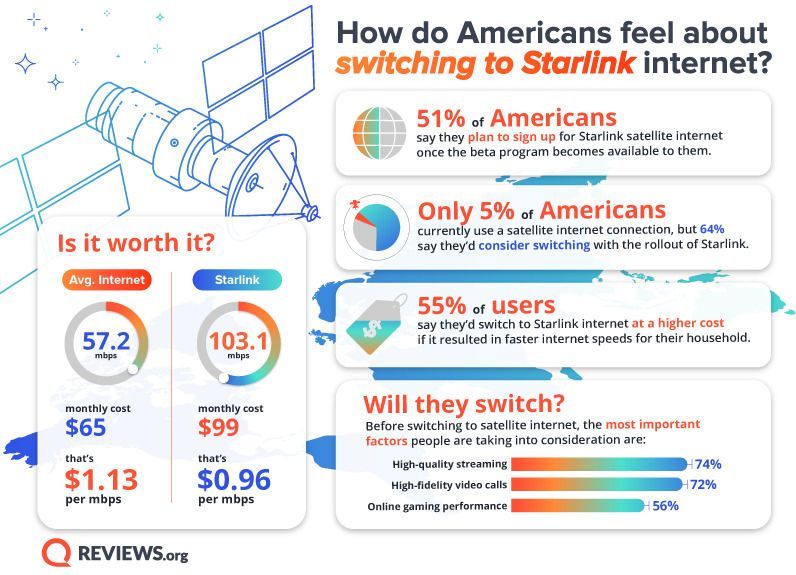We are fascinated by machines that can control cars, compose symphonies, or defeat people at chess, Go, or Jeopardy! While more progress is being made all the time in artificial intelligence (AI), some scientists and philosophers warn of the dangers of an uncontrollable superintelligent AI. Using theoretical calculations, an international team of researchers, including scientists from the Center for Humans and Machines at the Max Planck Institute for Human Development, shows that it would not be possible to control a superintelligent AI. Their study is published in the Journal of Artificial Intelligence Research.
Suppose in the not-too-distant future that a research team builds an AI system with intelligence superior to that of humans, so it can learn independently. Connected to the Internet, the AI would have access to all of humanity’s data. It could replace existing programs and take control of all machines globally.
Would this produce a utopia or a dystopia? Would the AI cure cancer, bring about world peace, and prevent a climate disaster? Or would it destroy humanity and take over the Earth?









